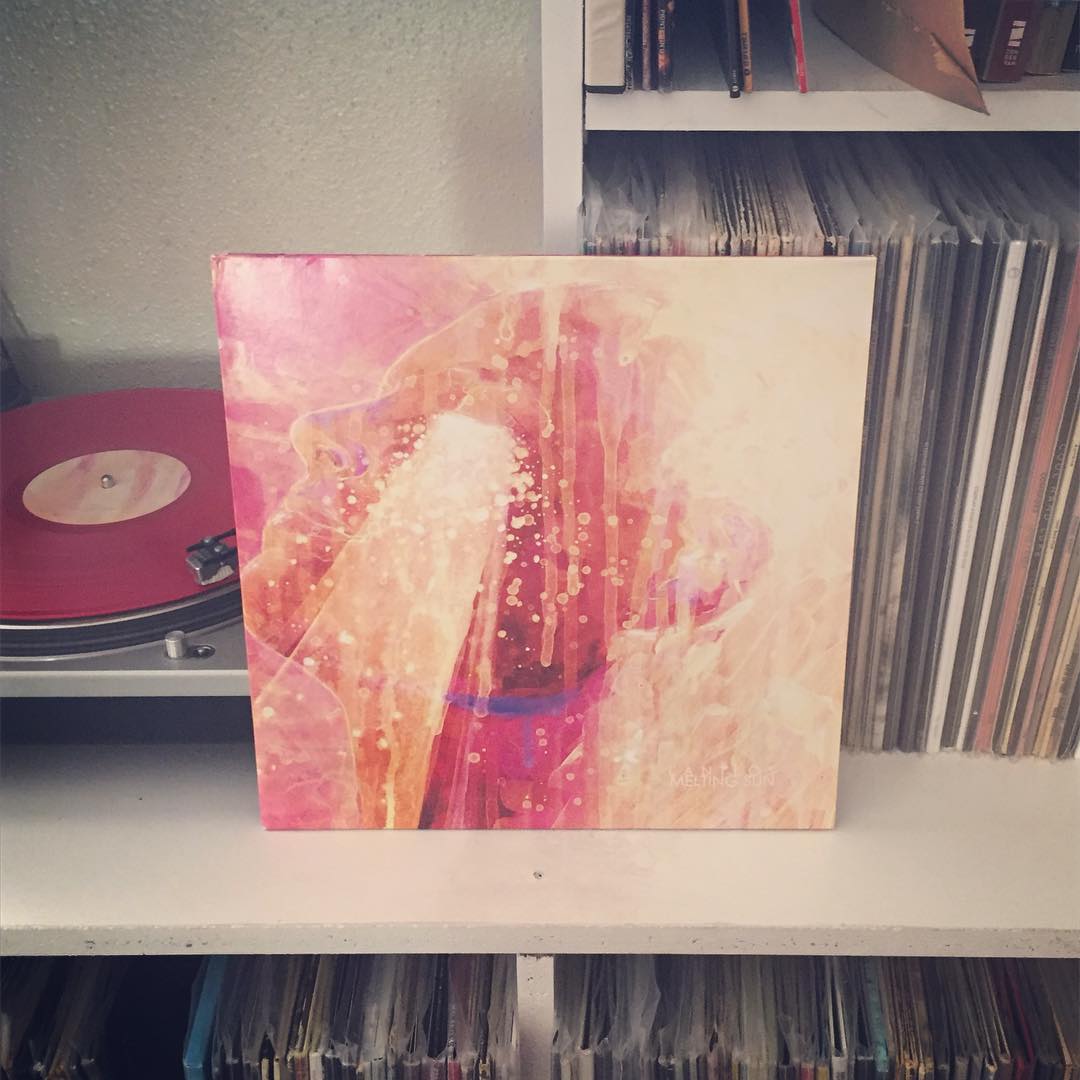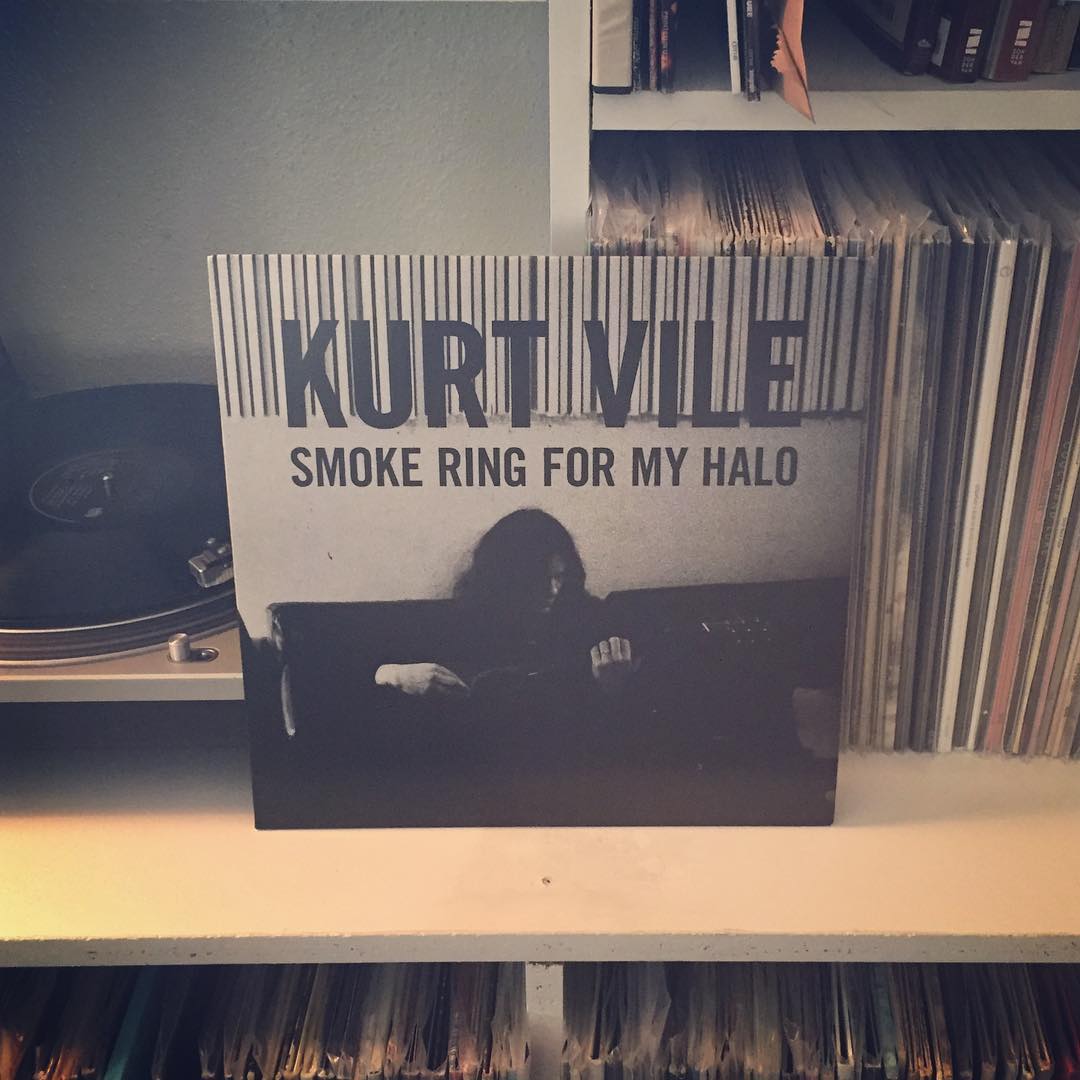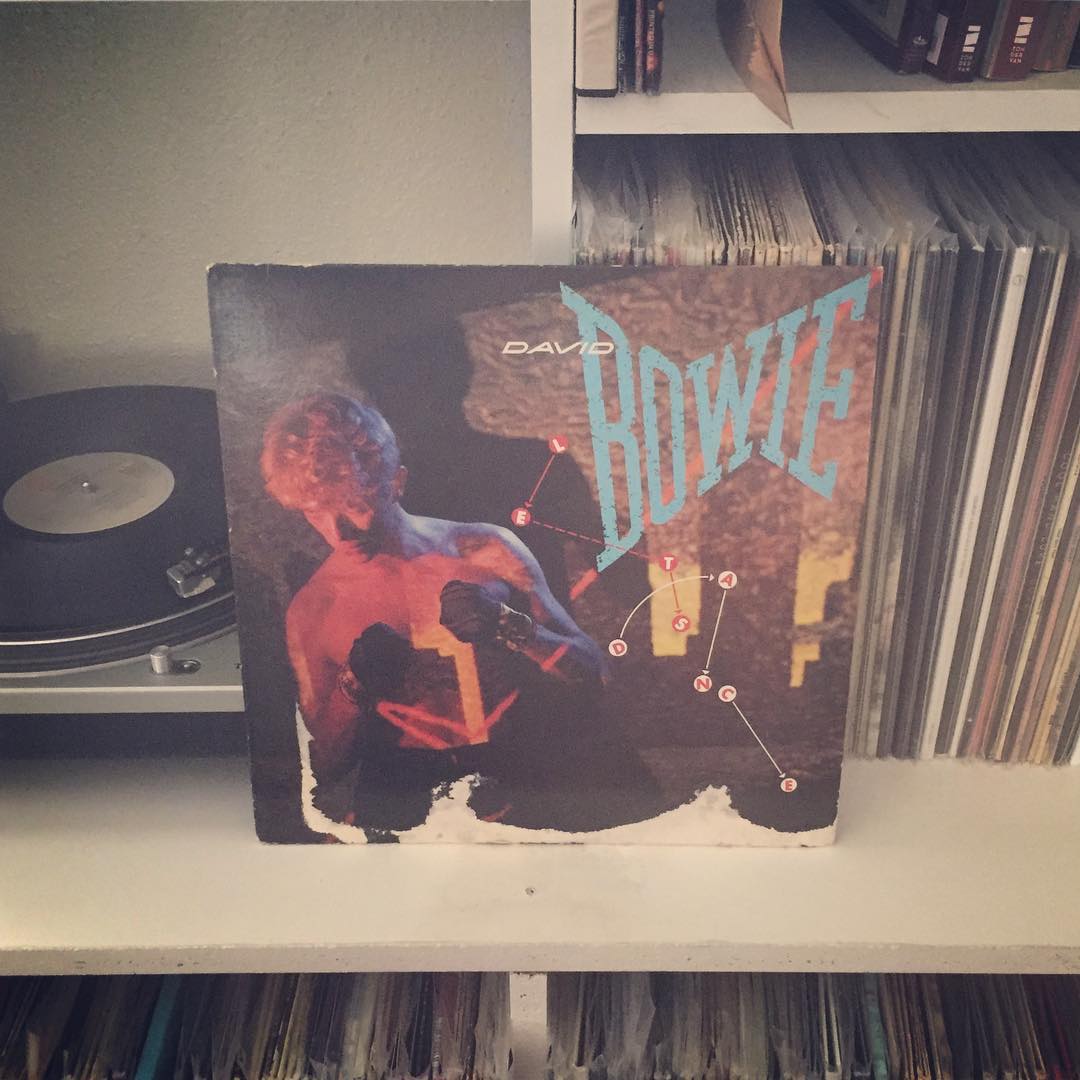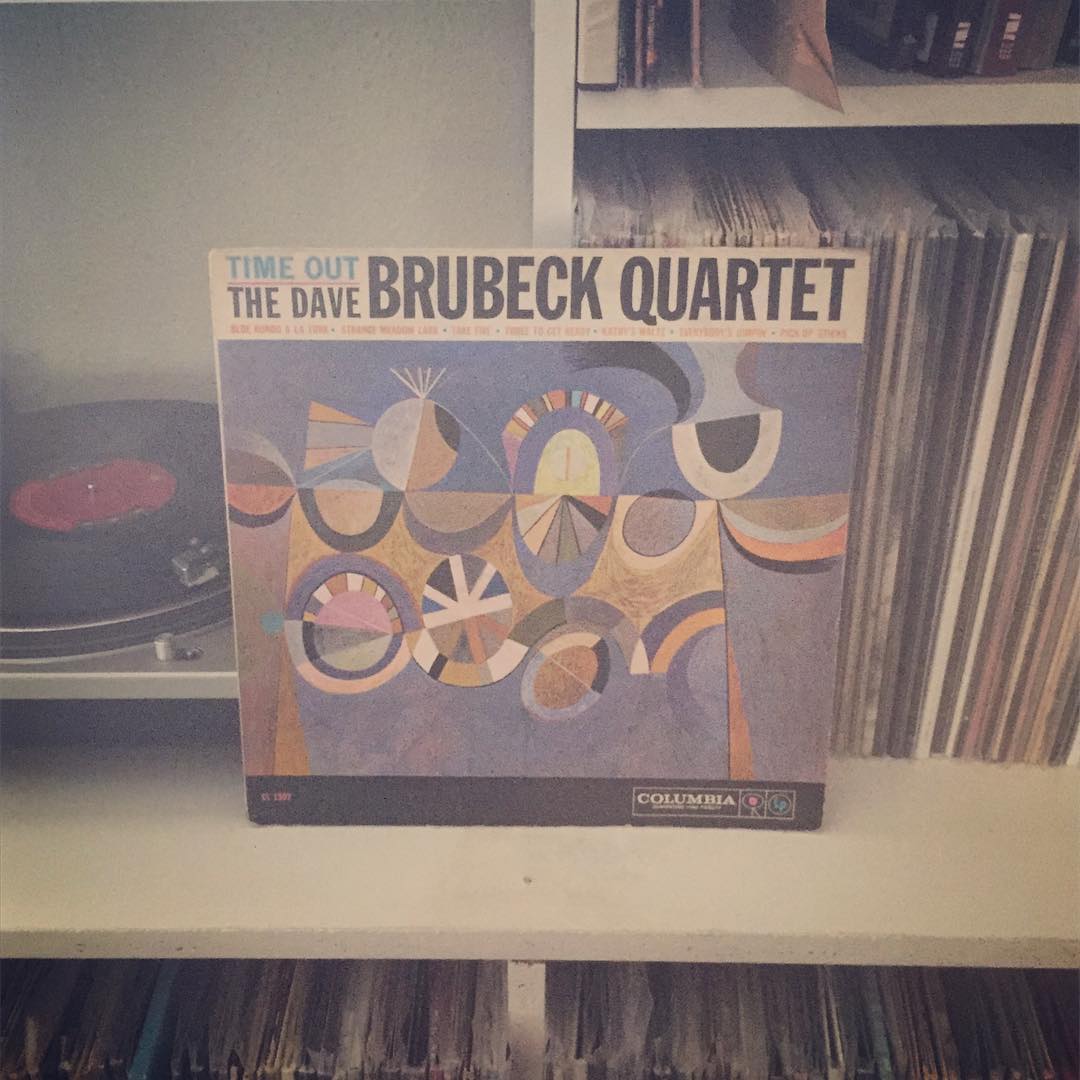
Every once in a while, I’ll hear a record that ushers me into new revelations, that shift my musical center within the moments of the first song.
Albums like Sunbather, Panopticon, and Palms self-titled album.
Melting Sun as firmly among them.

Every once in a while, I’ll hear a record that ushers me into new revelations, that shift my musical center within the moments of the first song.
Albums like Sunbather, Panopticon, and Palms self-titled album.
Melting Sun as firmly among them.

The Besnard Lakes claim to be a dark horse. And while the cooing harmonies that open the album might seem to suggest otherwise, they quickly prove themselves to be a few shades more menacing than most of their indie rock counterparts.
 Jorden Dreyers, lead singer of La Dispute, is a bit of an enigma. He masquerades as a hardcore frontman, thrashing across the stage as he screams his lungs out.
Jorden Dreyers, lead singer of La Dispute, is a bit of an enigma. He masquerades as a hardcore frontman, thrashing across the stage as he screams his lungs out.
In actuality, he’s a writer, through and through, showing more kinship with Ernest Hemingway than Henry Rollins.
 In the great scheme of music history, it’s near impossible to talk about La Dispute without mentioning mewithoutYou. And I’m as guilty as anyone in that regard—mewithoutYou has been my favorite band for around thirteen years, and they were the first band to mix hardcore conventions and spoken-word (shouted-word?) vocals that La Dispute also uses.
In the great scheme of music history, it’s near impossible to talk about La Dispute without mentioning mewithoutYou. And I’m as guilty as anyone in that regard—mewithoutYou has been my favorite band for around thirteen years, and they were the first band to mix hardcore conventions and spoken-word (shouted-word?) vocals that La Dispute also uses.
It was this very relationship that kept me from La Dispute. I dismissed them as derivative—runners-up that sought to usurp of the throne mewithoutYou abdicated when they had their folky phase.
But then, I actually started listening to La Dispute. And brother, they don’t deserve my dismissal.

Among the masses of hipsterdom, the pantheon of Americana has long been dismissed as “dad rock.” Uncool, out-of-touch, and pedestrian. It’s to be expected: indie rock has always been rooted in a sort of iconoclasm. It’s imbued with a rejection of establishment practices and the conventions of commercial music.
Then, like a bolt of lightning across the night sky, a two-headed beast reached out of Philadelphia and grabbed Dad Rock by the shoulders and pulled it toward itself.
The beast’s heads were Kurt Vile and Adam Granduciel.
 By the beginning of the 80s, David Bowie had been through enough career turns to make the most accomplished musicians dizzy. He had cut his teeth with Dylan-esque space folk before moving onto theatric art pop, glam rock, plastic soul, sci-fi disco, and harrowing Krautrock.
By the beginning of the 80s, David Bowie had been through enough career turns to make the most accomplished musicians dizzy. He had cut his teeth with Dylan-esque space folk before moving onto theatric art pop, glam rock, plastic soul, sci-fi disco, and harrowing Krautrock.
There wasn’t a lot of space that Bowie hadn’t already explored. So he set his sights on the best dang pop a man could create.

1959 was an incredible year for jazz.
Charles Mingus released Mingus Ah Um, John Coltrane released Giant Steps, Ornette Coleman released The Shape of Jazz to Come, and Miles Davis released Kind of Blue, which is perhaps the single most famous jazz record of all time (Coltrane was on that, too).
The year was so phenomenal that according to legend, Time Out was largely overlooked upon its release.
This past Saturday, music junkies across the world gathered together to celebrate Record Store Day. Excitement had been growing across the internet for weeks. Several of the vinyl collecting forums had been buzzing with hype over some of the RSD exclusives that they were eyeing. My local shops posted pictures of their shipments a few days ahead of time. The morning of, eager collectors lined up outside shops hours ahead of time.
And I was not among them. Continue reading
 Memory is a funny thing. When the intersection of thrift and communal nostalgia led me to buy this record when I found it on the cheap, I didn’t expect that I would have ever had every single song on here memorized.
Memory is a funny thing. When the intersection of thrift and communal nostalgia led me to buy this record when I found it on the cheap, I didn’t expect that I would have ever had every single song on here memorized.
 The pantheon of great American singer-songwriters is a broad and inspiring pool. From the poignant commentary of Bob Dylan to the howling anthems of Bruce Springsteen, the bright-eyed optimism of Tom Petty to the jaded sentimentality of Bob Seger, the full depths are nearly impossible to plumb.
The pantheon of great American singer-songwriters is a broad and inspiring pool. From the poignant commentary of Bob Dylan to the howling anthems of Bruce Springsteen, the bright-eyed optimism of Tom Petty to the jaded sentimentality of Bob Seger, the full depths are nearly impossible to plumb.
One of the icons that I have, until recently, overlooked is one Jackson Browne. Continue reading